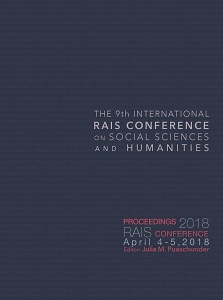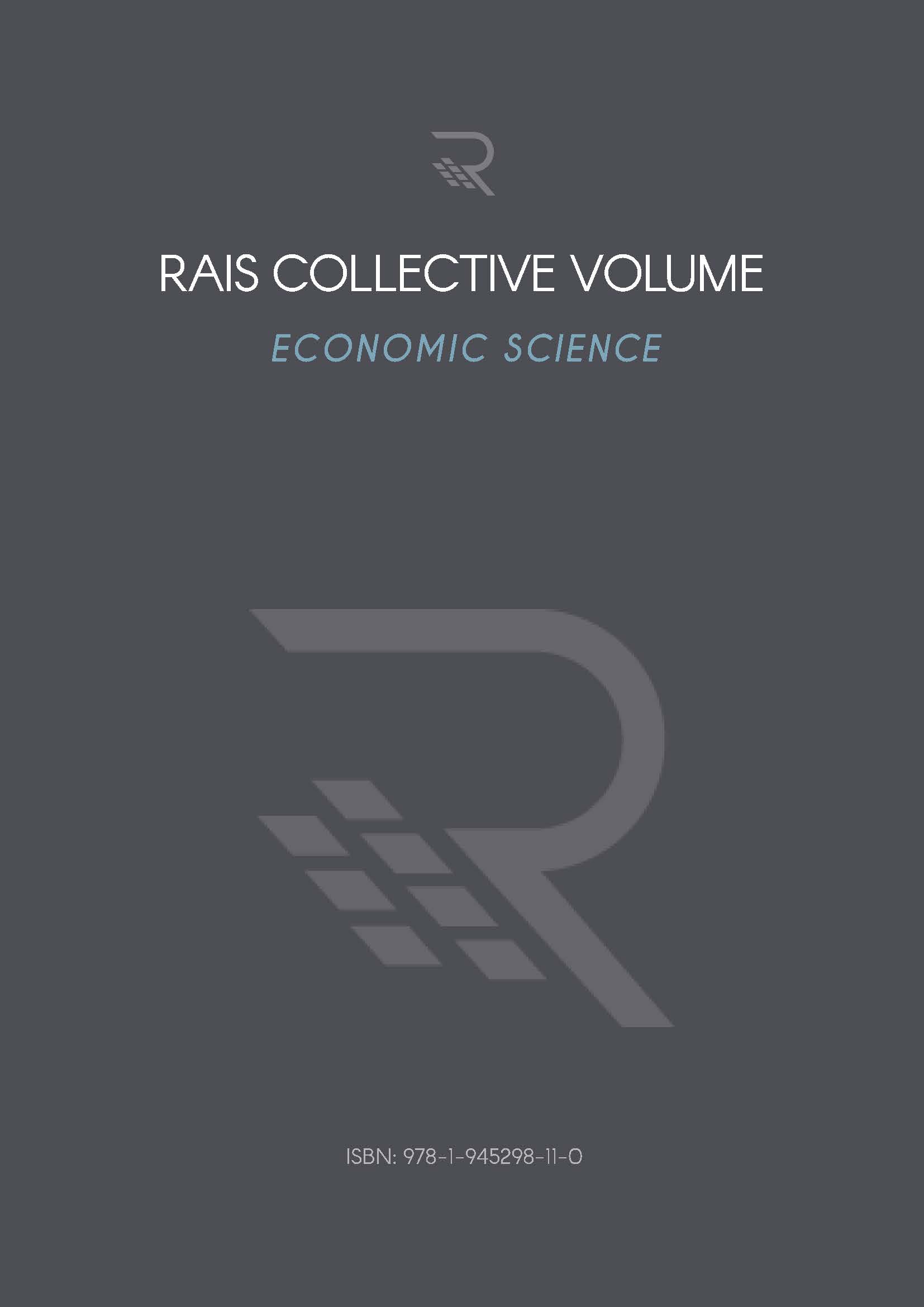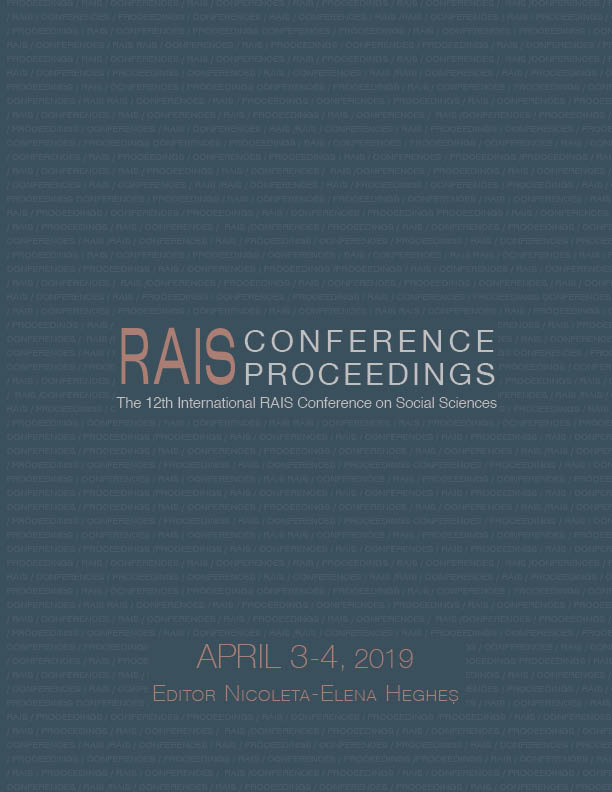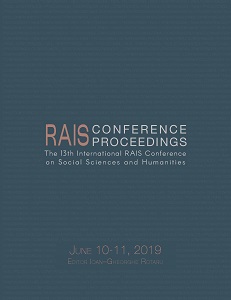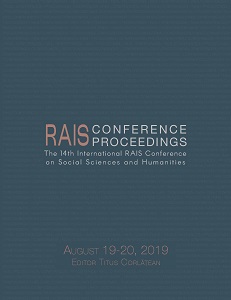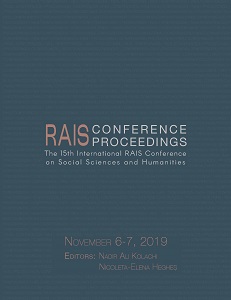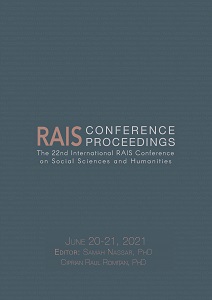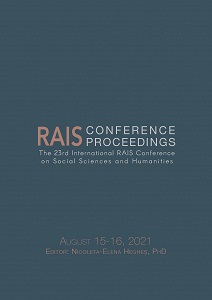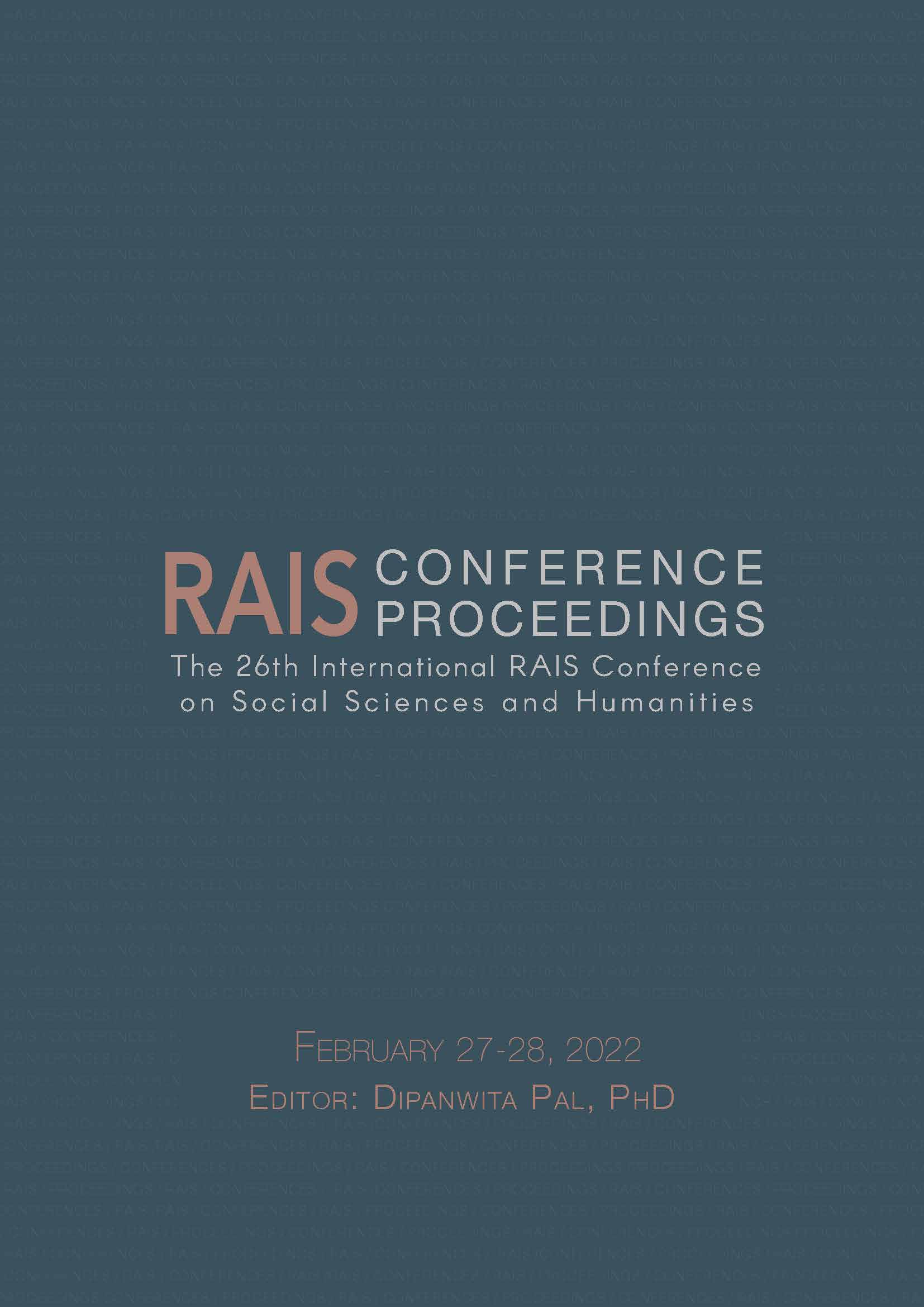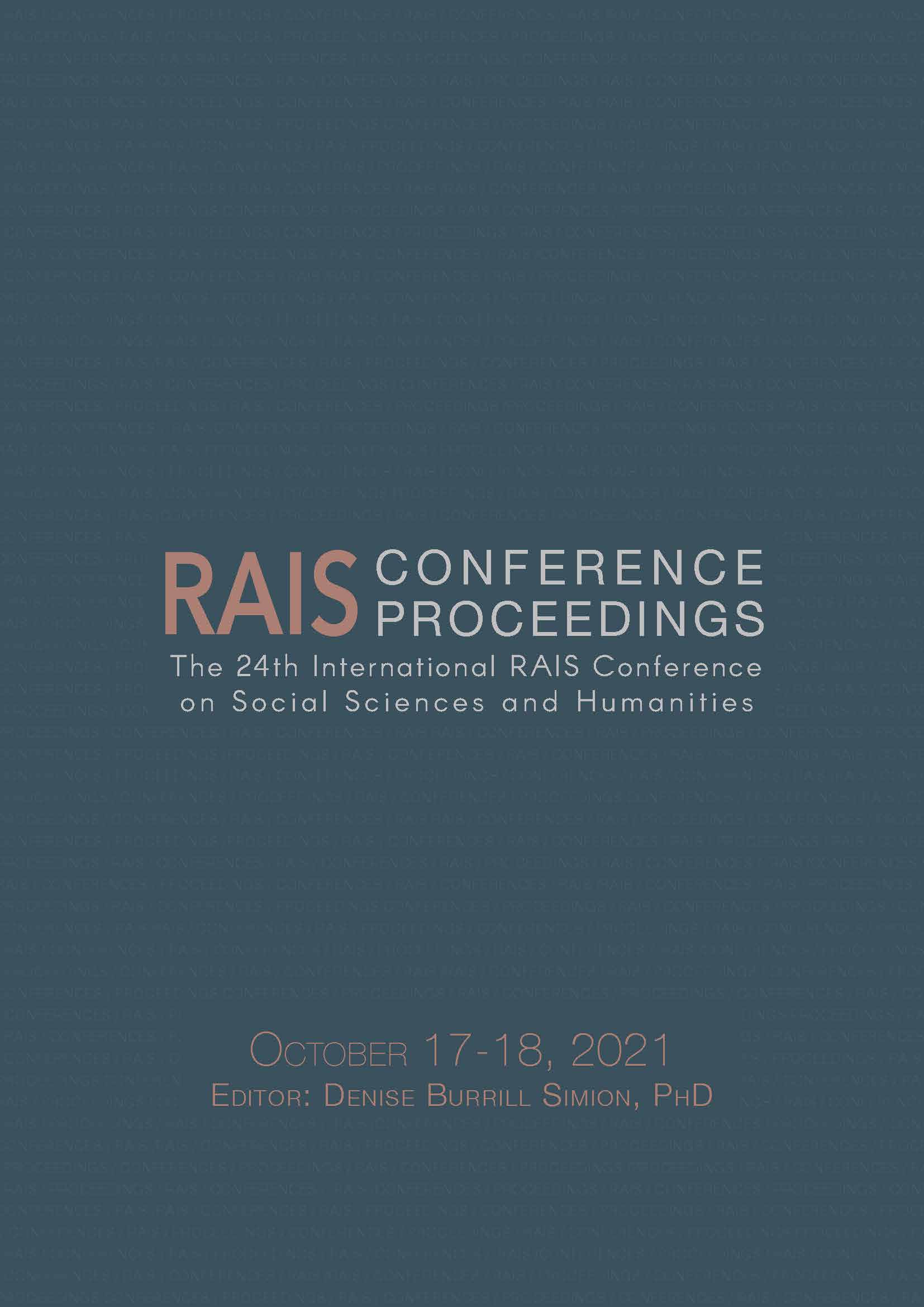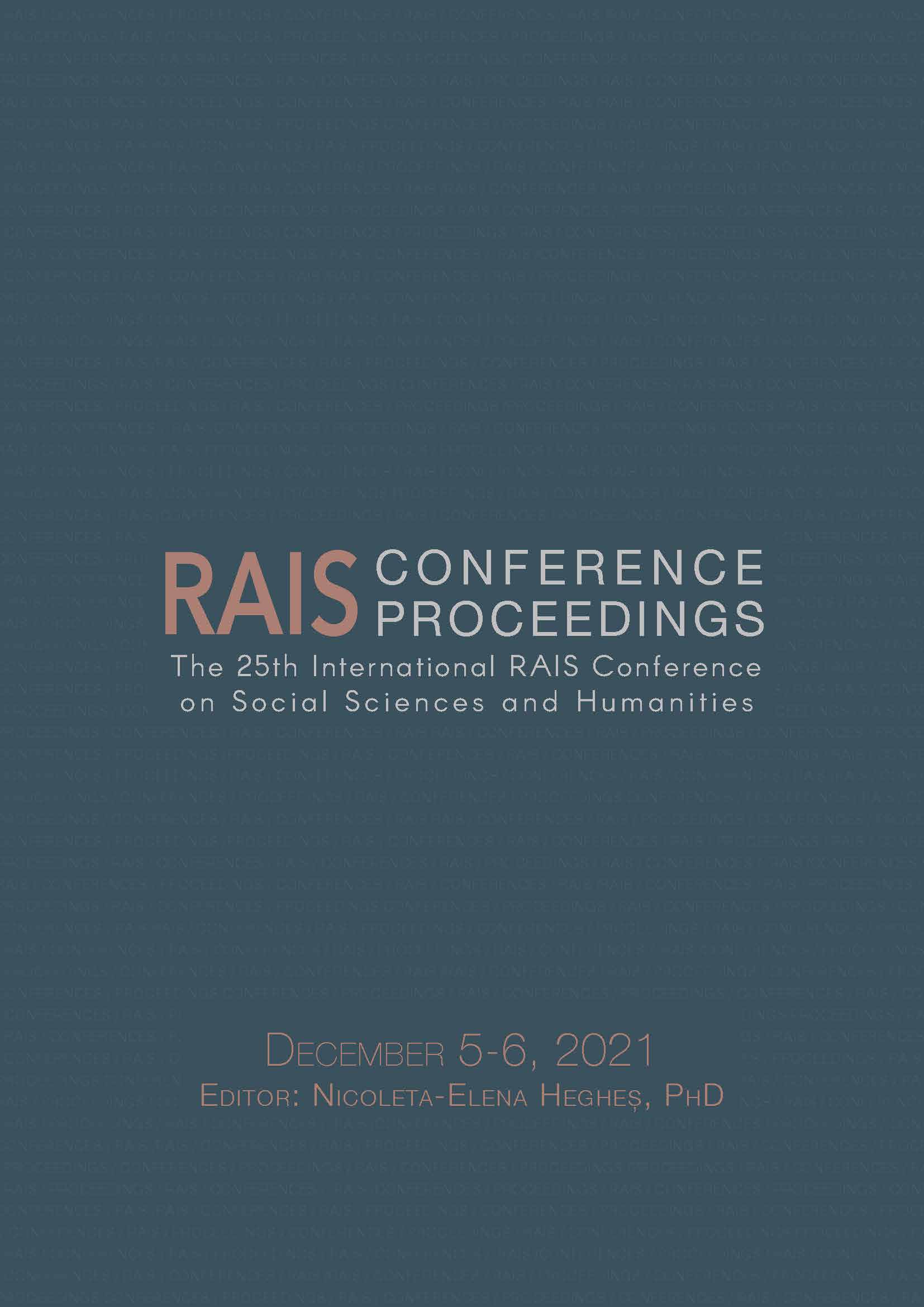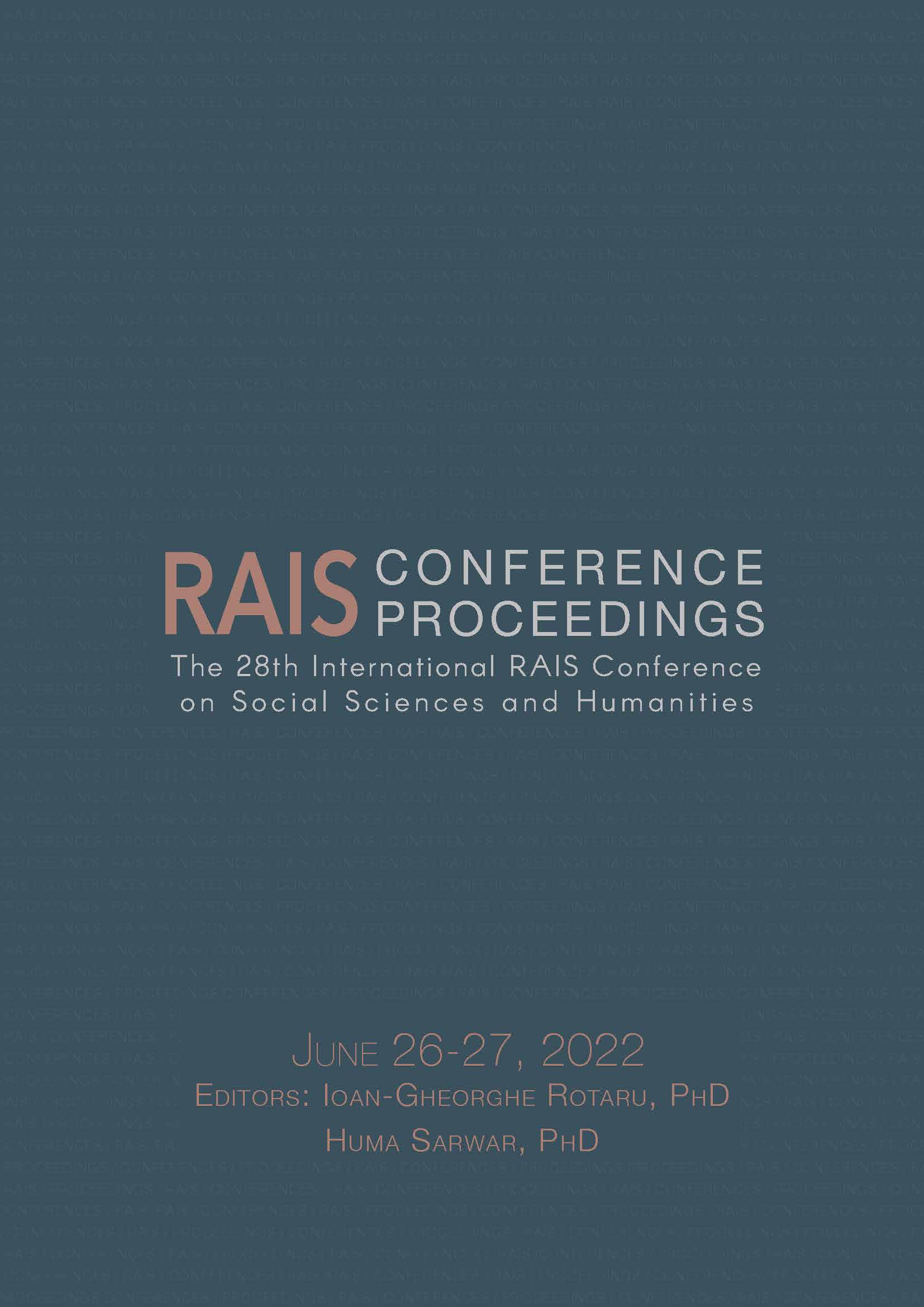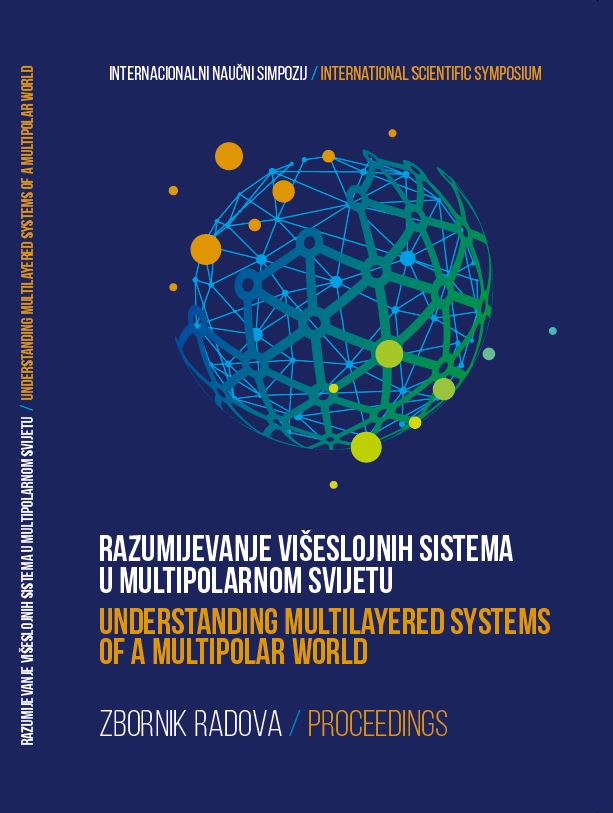Corporate Financing in Romania
Author(s): Sebastian Bodu / Language(s): English
/ Publication Year: 0
Keywords: contributions; company; corporate finance; currency; debt;
Two are the external sources of corporate financing: equity and debt. These are exclusive (other sources of external financing no longer exist, but only variants thereof) and can be combined in turn. Capital with which a company is financed is its engine, no company being able to operate without capital regardless of the industry. Funding may be private or public. Private financing is provided through banking credit or equity contracted through direct negotiation with investors. Each mode of financing has advantages and disadvantages, not only in terms of financial costs (direct) but also indirect costs. Internal funding source is self-financing, i.e. reinvesting the company's profit instead of distributing it in the form of dividends. Balancing the use of internal and external financing sources, as well as the share of an external source in relation to another external source, primarily depending on the cost of financing (direct or opportunity) is a difficult, important and complex decision. The more the company is and / or the more attractive for investors, the more varied the range of financing options and the cost structure that is heavily influenced by rating agencies. Conversely, a small company without too many development prospects will not have access to all available sources in the market and will have to confine itself to small bank loans. Corporate contributions can be in cash, in kind, in debt and in services. They constitute the common fund that the shareholders exploit under the umbrella of the legal personality of the company. From a legal point of view, contributions become property of the company (assets) and it dispose of them as it deems necessary by spending, selling or mortgaging. In order to be valid, the contributions must fulfill several conditions. In all cases, the contributions must be real, fictitious inputs being forbidden. Apart from the reality of contributions, they must also be useful to company. In exchange for its contribution, the shareholder receives shares incorporating rights, which for a shareholder or future shareholder interested in his investment is the share of legal capital or, in other words, the share of the legal capital represented by his shares in the company. The second form of external financing, credit, may be private or institutionalized. Institutionalized credit is an interest-rate loan granted by a financial institution such as a bank, an investment fund, or a non-banking financial institution. In practice, funders put conditions for the funded company in relation to its shareholders, managers or assets, so as to avoid changes that would risk reimbursing the credit. The statute of limitation of the right to request repayment of the credit is within three years of the maturity date, and in the case of successive loans between the same parties, a separate term will begin to run for each loan. The repayment of credits granted in a given currency must be made in the same currency, regardless of the increase or decrease of the value of the respective currency against other currencies (the monetary denomination rule). To hedge foreign exchange risk, some companies resort to hedging through options on the foreign exchange market in the form of risk transactions in the opposite direction to that assumed by the contracted loan.
More...
